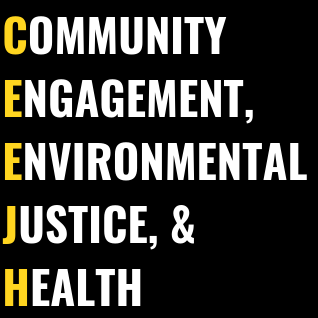EJ SCORECARD
One major contributor to environmental injustice is political disenfranchisement. Low-income communities of color face additional barriers to participating in the political process and are more likely to lack the social capital necessary to have their input appropriately valued. Despite the growth in public concern for environmental justice, many communities remain disempowered from holding their representatives accountable for environmental decision-making and lack thereof. As a result, this enables corporations to follow the path of least political resistance, perpetuating the siting of environmental hazards in the most vulnerable communities.
Environmental scorecards provide constituents with a tangible assessment of their representatives’ stances on environmental issues. While corporate scorecards have been successful in assessing the environmental impacts of businesses, there is a dearth of research assessing the impact of environmental scorecards on legislation which focus on improving environmental quality. Using the the League of Conservation Voters (LCV) National Environmental Scorecard and the California Environmental Justice Alliance (CEJA) EJ Scorecard for reference, CEEJH developed an environmental justice scorecard which scored Maryland legislators on their environmental justice voting record. Through the implementation of the CEEJH EJ Scorecard, we aim to hold legislators and agencies accountable to the needs of frontline and fenceline communities who experience environmental justice issues. We present two documents: (1) the full reports with attached Appendices; and (2) shorter summary documents with a summary of major takeaways.




